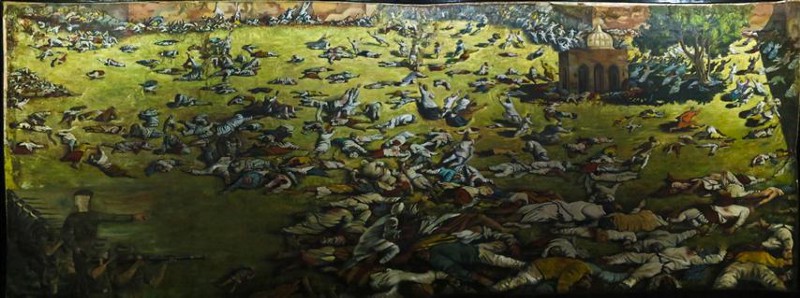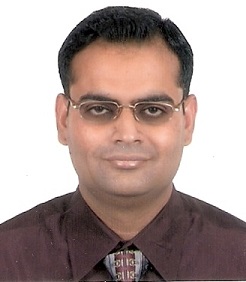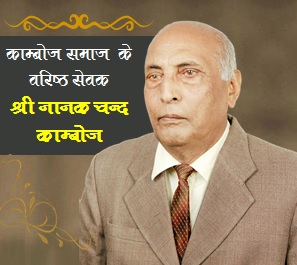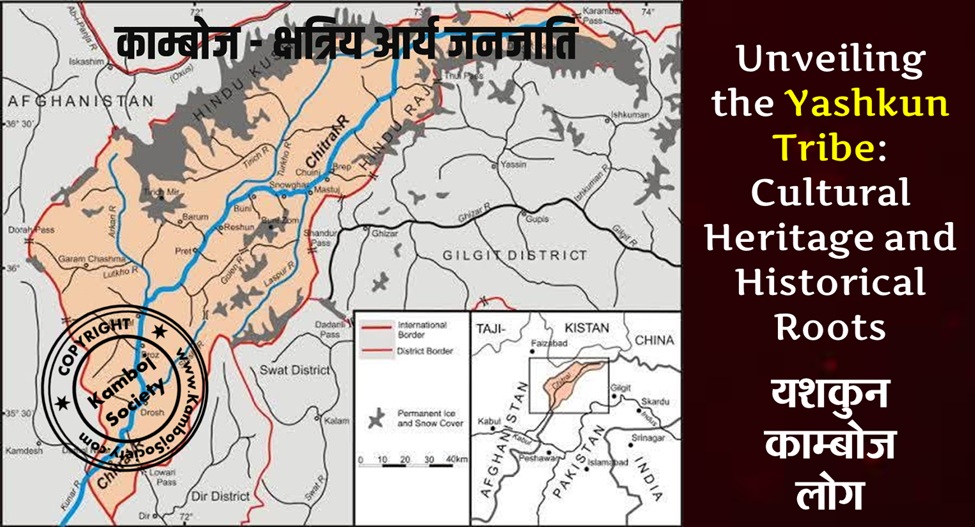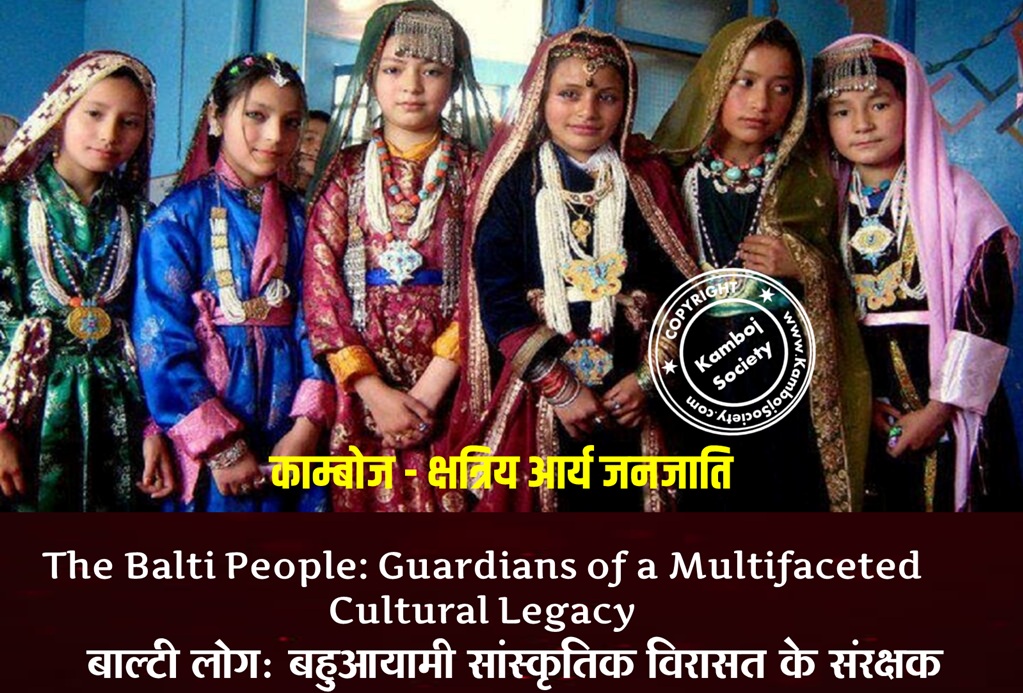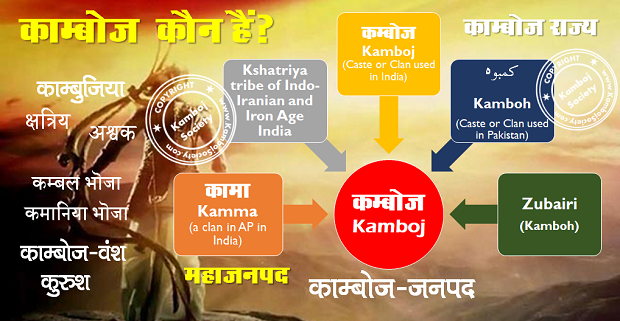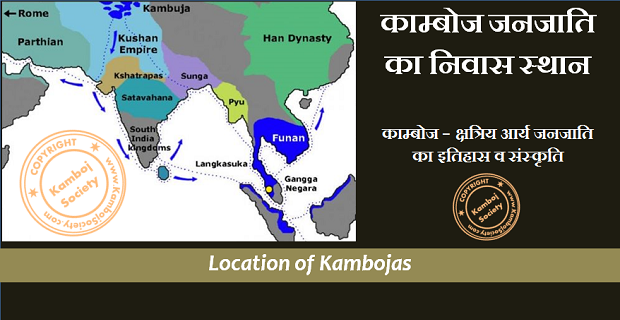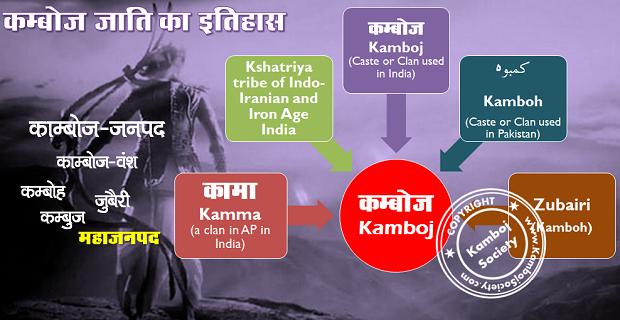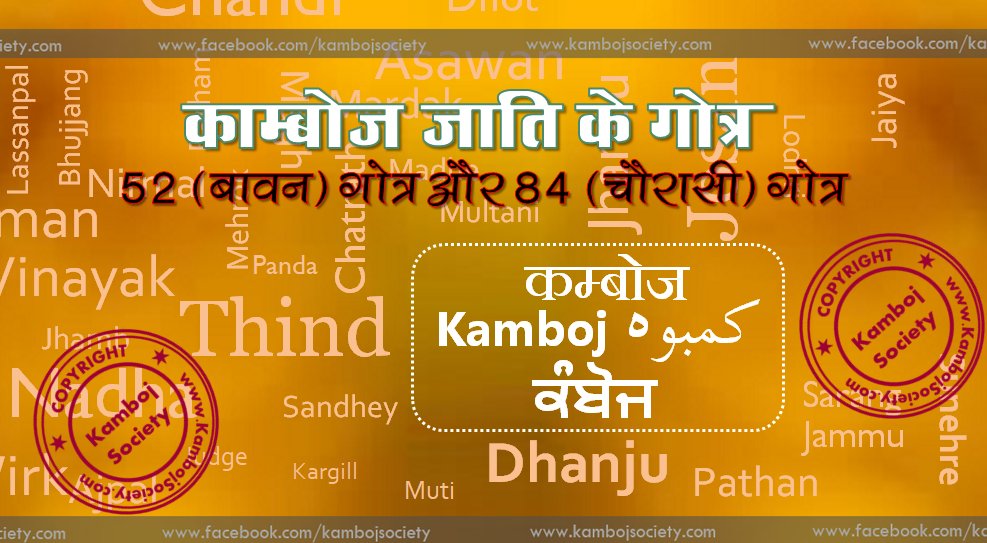THE Jallianwala Bagh Massacre 1919, Centenary Committee, on June 19, demanded a formal apology, from the serving British prime minister, in their parliament.
A campaign was initiated by the Indian Workers' Association Great Britain in 2016, demanding from David Cameron, former prime minister, to repeat the same words in parliament that were written by him in the visitor's book in Jallianwala Bagh, Amritsar, on February 2013.
Representatives of various supporting organisations, ordinary people cutting across religious and linguistic lines, the diaspora of Indians from all corners of United Kingdom assembled in committee room 14 to make the demand.
A secondary demand of teaching of British colonial history as part of the national curriculum was raised by many of the organisations, to prevent another Jallianwala Bagh.
The assembly reflected the diversity of the innocent unarmed people massacred under the direct order of Brigadier General Rex Dyer on April 13, 1919, given total command by the Lt. Governor Sir Michael O'Dwyer, who then gave the specific order to aim to kill on April 13, 1919.
The campaigners recounted the horrific massacre, the anger, the scars transcending generations, and demanded a formal apology by a serving prime minister in parliament so that it is recorded in Hansard for perpetuity.
Members of parliament, Chris Williamson, Virendra Sharma and Tan Dhesi were among the MP's along with Dr Onkar Sahota member of the Greater London assembly who spoke in support of the cause.
It is to be remembered that about 150 armed personnel fired indiscriminately at the crowd of 35,000, blocking people's single means of escape from the carnage at Jallianwala Bagh. At the end of the day more than 1500 men, women and children lay dead or wounded. No medical aid was allowed for those left bleeding to death, bodies heaped upon one another left to rot in the heat, people who had tried to escape the bullets were crushed in the well due to sheer numbers.
Satbir Johal from the Jallianwala Bagh Massacre 1919 Centenary Committee appreciated the work done by Chris Williamson and his team in facilitating the meeting and for Virendra Sharma in placing the demand in parliament through an Early Day Motion and an online petition.
Joginder Kaur Bains provided a detailed account of the period and peoples movement for freedom. She rhetorically asked, so what was the crime of the innocent people massacred at Jallianwala Bagh by paraphrasing the legendary Dr. Martin Luther King.
“Their crime was that they had a dream, a dream to throw away the yoke of imperialist rule and be free. They had a dream to be free from a foreign authority. They had a dream to be free from poverty, exploitation and discrimination. They had a dream to be free from racial superiority and imperialism. They had a dream to make their own decisions. They had a dream to get their country back. They had a dream of socialist and diverse India where everyone was free to have dreams.”
The joint campaign to work through the MP's in parliament and the Centenary Committee outside is to gain mass support for the demands through all means possible, said the committee.
Saurav Dutt is the author of the forthcoming book ‘Massacre at Jallianwala Bagh' which is to be released in April 2019 to mark the centenary of the Amritsar Massacre. He can be followed at Saurav Dutt on Twitter.


